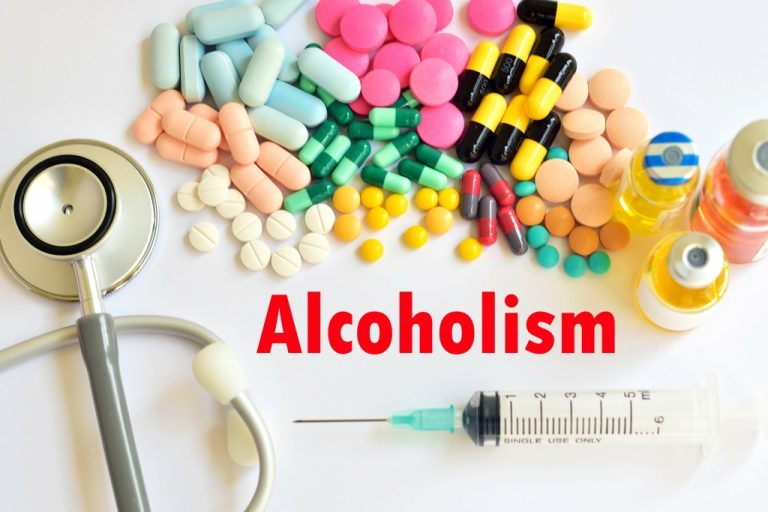Content
However, it can be harmful and destructive if you cannot control your anger. An addiction is a brain disorder, after all, and not something that’s easily resolved. It can take 10 or more attempts at treatment before someone makes progress on overcoming an addiction. So, take a step back and let them deal with the after-effects of their addictive behavior. You watch as your family member or friend slowly changes with each tip of the bottle. Worrying and stressing about your loved one can take a toll on your mind and body, so find ways to relieve the pressure.
Your loved one’s recovery can be a long process, so you need to maintain a balance in your life. Teens today experiment with alcohol earlier and more often than ever before. They’re more likely to binge drink and more vulnerable to developing an alcohol use disorder than adults.
Anger, Domestic Violence, And Addiction
If all I’m doing is forcing them to move away from the thing that provides relief, I’m doing harm,” Brown said. However, some people are more likely than others to be angry when drinking alcohol. Domestic violence is a very dangerous potential result of alcohol alcohol depression and anger abuse. A 2017 study showed that men under the influence of alcohol had higher rates of physical and sexual aggression. Control of emotions isn’t the only link between alcohol and anger. They feel anger to avoid other more challenging emotions and behaviors.

One allows you to escape from your other emotions, while the other allows you to escape further into anger. In a phrase, anger and alcohol abuse can feed off of each other if they both go unchecked. In fact, letting go of the acknowledging and dealing with anger is a crucial aspect of the Twelve Steps from Alcoholics Anonymous.
Anger Management and Alcohol Addiction
But in the long run denying it will only bring more harm to you, your loved one with the problem, and the rest of your family. People who are closest to the alcoholic take the lion’s share of the abuse. Children of alcoholics become anxious and fearful, never knowing what to expect each day from their parents. Spouses walk on eggshells, always trying to avoid setting off the next angry outburst, or worse, physical attack. The damage done to the mental health of loved ones of alcoholics due to misplaced anger is significant.
- The good news is, you can find help for both your anger and your alcoholism.
- It may be a great first step on the path to addressing how alcoholism has made you angry – and vice versa.
- The inability to control or suppress your emotions can lead to inappropriate or dangerous situations.
- Alcohol dependence can be closely tied to aggressive behaviors.
- Researchers surveyed 175 young adults who mixed alcohol with caffeinated energy drinks about their verbal and physical aggression in bar conflicts.
Get professional help from BetterHelp’s network of 30,000 licensed therapists. Get matched and schedule your first video, phone or live chat session in as little as 48 hours. SMART Recovery – Self-Management and Recovery Training (SMART) is a program that aims to achieve abstinence through self-directed change.
When Coping with Alcohol Use Disorder
Their professional status or personal success can make it hard to approach them about having a “problem” with alcohol. Finally, other research shows that people who rarely think of the consequences of their actions are more likely to be angry drunks. Since emotions are heightened during drinking, when their anger is triggered all they can think of is fighting back—whether with words or full-blown physical violence.

By practicing some of the below strategies, and finding the right support, it’s possible to establish newer, healthier patterns. If your friend is talking about a subject that makes them angry, they could also become more annoyed if they feel you’re inattentive to their concerns. Fortunately, people https://ecosoberhouse.com/ who become irrationally mad when drunk can work to prevent and treat their behavior. Love it or hate it, self-care has transformed from a radical feminist concept into a multibillion-dollar industry. Over the past few decades, new recovery programs have emerged that provide an alternative to AA.
These emotions can become heightened in potentially extreme ways. For example, if you start drinking when you’re lonely and sad, you may find the alcohol makes you feel even more desolate and distressed than you did when you were sober. But the very elements of AA that attract so many — spirituality and a group setting where you’re expected to freely share your most private thoughts and emotions — repel others. So, too, does the idea that the only way to change your relationship with drinking is through complete abstinence of all alcohol and drugs. Abstinence is absolutely a crucial part of recovery for some people who struggle with substance use, but research shows that abstinence isn’t essential for everyone.
Researchers have studied the connection between anger and aggression for years. There’s a reason the angry drunk is such a familiar stereotype. However, it’s about more than getting easily upset or having a short fuse when you drink alcohol. The outcomes of alcohol and anger can be hazardous, causing traumatizing situations for the inebriated person and the people around them. Moreover, unresolved anger can contribute to broken relationships, poor mental performance, and emotional wounds that can lead to substance abuse experimentation.
Processing it through the written word can help you calm down and reassess the events leading up to your feelings. Grief can come from the death of a loved one, a divorce or breakup, or from losing a job. The anger may be directed at the person who died, anyone else involved in the event, or inanimate objects. Episodes last less than 30 minutes and come on without warning. People with the disorder may feel irritable and angry most of the time. Obsessive compulsive disorder (OCD) is an anxiety disorder that’s characterized by obsessive thoughts and compulsive behavior.
